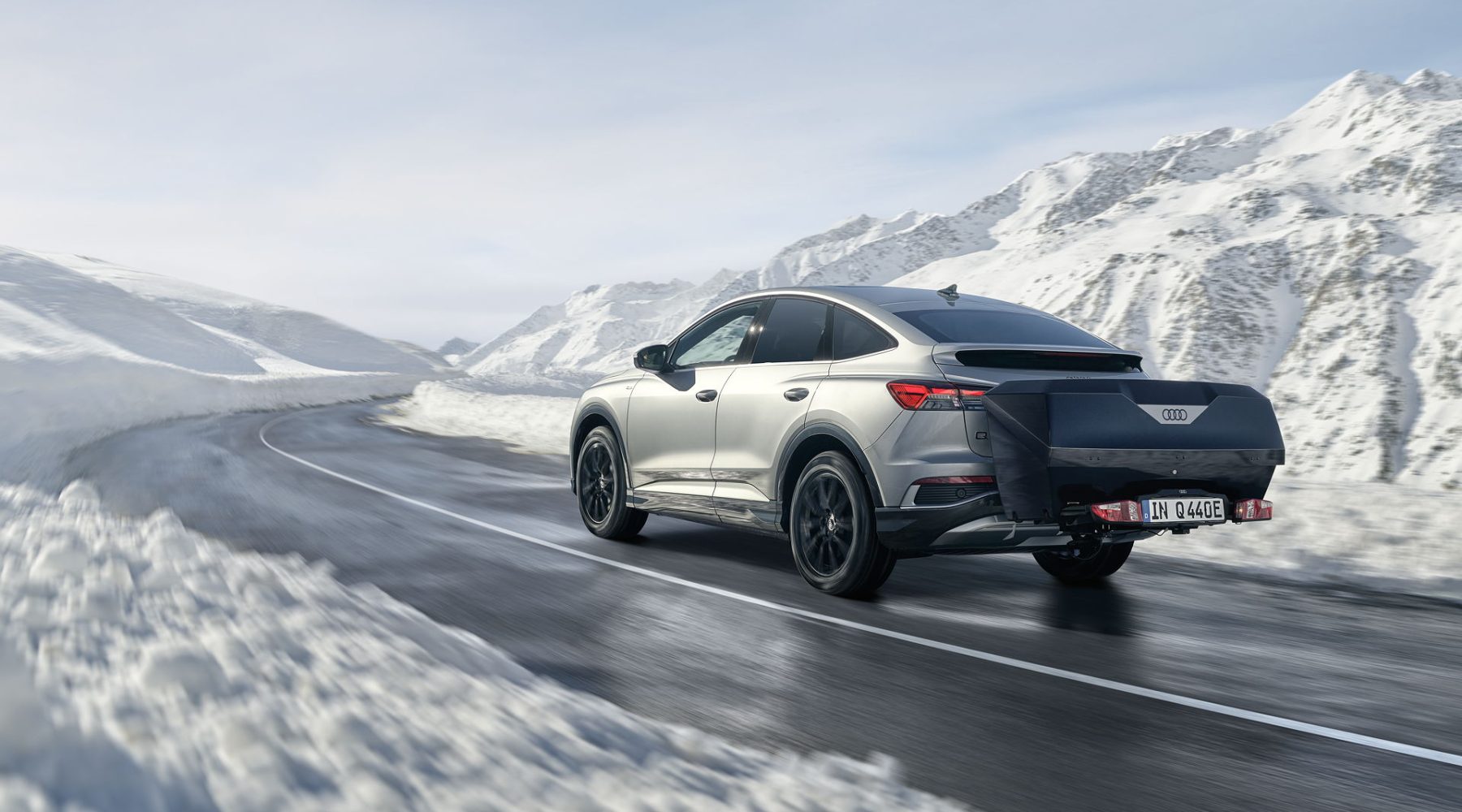
Fleet Knowledge | Legal (Guest column)
On holiday with the company car? This is what you should consider.
Company cars are becoming an increasingly popular perk for employees – particularly when companies permit these employees to use the cars for private purposes. Employees must keep several key points in mind when they use their company cars for private purposes. Our two-part guest article on the limits and obligations of company car use is first devoted to the topic of holiday trips.
Let’s start with one fundamental issue: The unrestricted provision of a company car for private purposes enables employees to use their vehicle for holiday trips – at the company’s expense. It is a right that has been upheld in court as well. For instance, the Higher Labour Court in Hamm (reference number: 7 Sa 1485/11) ruled that the unrestricted provision of a company car for private purposes applies to all expenses associated with the vehicle’s use, including fuel costs for holiday trips. The only exceptions are tolls and freeway permits. However, it is possible to restrict the use of a fuel card to the effect that it may generally not be used abroad when travelling on holiday. Or, alternatively, that the operating costs incurred during holiday trips are to be borne by the employee.
Disputes over damage
The question regarding whether a company is responsible for covering damage to the vehicle that was caused by the employee during a holiday trip remains unsettled if no contractual stipulation was written to address the issue. The Higher Labour Court in Cologne (reference number: 13 Sa 367/98) has ruled that accidents that occur during private usage – including holiday trips – are the employee’s responsibility. But the Higher Labour Court in the German state of Hesse (reference number: 8 Sa 1729/05) reached the opposite conclusion. It ruled that the costs of an accident that occurs during a private trip should be covered by the employer if private usage of the vehicle was authorised and the vehicle was properly taxed in accordance with the 1 percent rule.
By contrast, the German Labour Court in turn ruled the following in its case 8 AZR 91/03: “Allowing private use allows for an agreement to increase the employee’s liability as opposed to his or her liability privileges during a business trip.” For this reason, it can be categorically assumed that employees are liable for accident damage that they caused during private trips, including holiday travel. In such cases, car insurance will generally cover the damage that occurred. It is recommended that clear individual stipulations regarding the private use of company cars be written to eliminate incalculable risks for companies.
The pitfalls of a revocation clause
When considering holiday trips, companies should take such steps as drawing up of a list of countries where the vehicle may not be driven or adding a stipulation that requires the prior approval of the employer. It is also advisable to restrict the annual usage of the vehicle or to require the employee who uses the vehicle to assume some of the costs associated with long trips. Such conditions can be included in employment contracts or supplemental company car agreements.
Large companies can write car policies that will be referenced in employment contracts. Should a company have a works council, the terms can also be written into a company car agreement between management and labour.
The penalties for violations
Employees who ignore a prohibition on the use of company cars for holiday trips or use these vehicles for private trips in countries where such trips are not permitted may be reprimanded or, if necessary, terminated. Should an employee cause an accident during an unauthorised trip, this individual may eventually have to assume the costs for all damage that occurred. The Higher Administrative Court in Münster (reference number: 6 A 2346/04) ordered a police officer to pay compensation because the officer caused an accident in a police vehicle during an unauthorised private trip.
The justices rejected the police officer’s argument that the accident was the result of a technical defect in the vehicle. Instead, they ruled that the accident was the result of the deliberate breach of duty committed by the police officer during the unauthorised private trip. In other words: The accident would not have occurred if the police officer had not used the vehicle.
Conclusion: Clear rules ensure good company relations
Employees who are provided with company cars that they may use for unlimited private purposes may also use the vehicles for holiday trips – and the company must cover all of the costs. These costs include not only vehicle operating costs, but also fuel costs. But courts disagree over the question of whether the company or the employee should cover damage that occurs during holiday trips.
It is recommended that clear stipulations regarding private uses be included in a company-car transfer agreement or in a company car policy to minimise the financial risks faced by companies. Violations of these terms could result in reprimands or even termination. For this reason, a detailed agreement regarding private usage should be drawn up to avoid any legal ambiguities.
Guest article
Dr. Waldhorn & Partner Rechtsanwälte mbB
Andreas Waldhorn, Rechtsanwalt (Lawyer), Fachanwalt für Arbeitsrecht (Lawyer specialising in employment law), Fachanwalt für Handels- und Gesellschaftsrecht (Lawyer specialising in commercial and company law)
All information applies to Germany.
Please note that the contents of this website have been prepared for general information purposes only and are not to be regarded as legal advice. In addition, each case must be considered individually and binding advice can only be given by a lawyer.
Status: 27.09.2023
© Volkswagen AG









